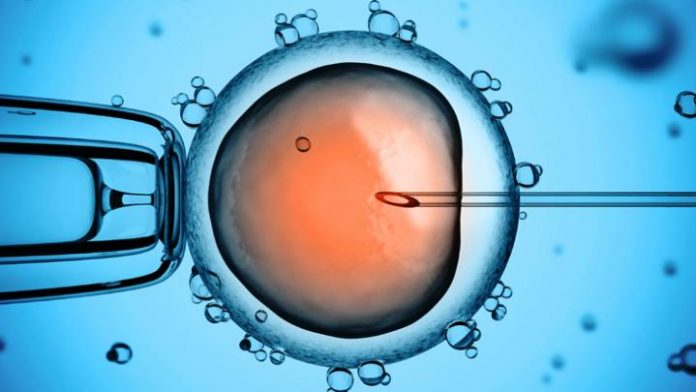Stem cell experts say Australian clinics exploit a regulatory loophole to take advantage of patients, and seek to tighten regulations. New study examining stem cell clinics around the world, published in the journal Cell Stem Cell.
Stem cell experts say Australian clinics are exploiting a regulatory loophole to take advantage of patients, and have called on the Therapeutic Goods Administration (TGA) to tighten regulations.
A study examining stem cell clinics around the world, published in the journal Cell Stem Cell, found that Australia has one of the highest numbers of clinics that market questionable stem cell therapies direct to the consumers per head of population.
These stem cell clinics reinject cells from a patient’s own fat in to a patient’s body — typically using liposuction — to treat a myriad of conditions, including osteoarthritis.
A global study has found Australia easily surpasses medical tourism hot spots such as Thailand in the number of stem cell practices marketing services directly to customers. The study, published in the journal Cell Stem Cell, found clinics in developed countries were exploiting regulatory gaps to make an extraordinary and implausible range of claims for their offerings.
Overwhelmingly, the US has the largest preponderance of these clinics, and advanced economies Australia, Germany and Italy are now offering these procedures.
Study co-author Professor John Rasko, from the University of Sydney, says, “The stem cells have been trialled for more than a decade for osteoarthritis, in particular different types of arthritis. And there has never been compelling convincing data. After hundreds of clinical trials that have been studied in different ways, there has never been compelling data that this has a benefit.” Professor Rasko identifies 19 clinics in Australia, all exploiting a regulatory loophole.
The Australian Academy of Science, the NSW Medical Board and the National Health and Medical Research Council, all put in submissions to the TGA in early 2015 when there was a call for submissions saying that the regulations should be tightened.
The long-standing loophole is called the exempt goods order, and allows some procedures to be put under the regulatory umbrella. They include stem cell procedures that allow these clinics to stay in businesses.
Medical tourism based around questionable, potentially dangerous stem cell techniques has migrated from the Third World to the First World, with Australia boasting one of the biggest proliferations of hard-sell clinics. Anti-ageing and skincare procedures are the most common therapies offered, with most clinics being vague about the types of stem cells being used.
Professor Rasko explains, “It was thought that such stem cell clinics were most common in South-East Asia, Russia and Eastern Europe. But our study found they were actually most prevalent in the industrialised Western countries, and Australia had many for its size. After the Bahamas and the Cayman Islands, Australia came fifth with Singapore and Ireland as one of the commonest per capita countries in the world offering these director consumer marketing online stem cell clinics”.
Professor Rasko adds, ‘There is a place in medicine for stem cell therapy, as long as it was proven. Stem cells for blood cell disorders and a few other types of cancers is absolutely legitimate, they have been well studied over decades and we know how they work and why they work. But the problem is that unscrupulous operators are taking advantage of this real hope and offering false hope where you can just go down to your local supermarket, shopping centre or look at you in-flight magazine and find an online offering that might take advantage of you.”
The weak TGA defence is that some stem cell therapies are excluded from the TGA’s remit because they are regulated through medical practice. It will soon be releasing a second consultation paper to try to resolve those concerns without constraining normal medical practice.
A coroner recently attacked a Sydney cosmetic surgeon’s experimental stem cell therapy that caused the death of Alzheimer’s disease patient Sheila Drysdale, as “quack” medicine. In the USA, an American had medical problems after stem cell treatment overseas.
Professor Rasko concludes, “More such cases a inevitable. This is an unfettered industry that is not properly regulated and this direct-to-consumer marketing will only get worse unless regulators hear this wake-up call.”







 ©2024 All rights reserved LaingBuisson
©2024 All rights reserved LaingBuisson 


